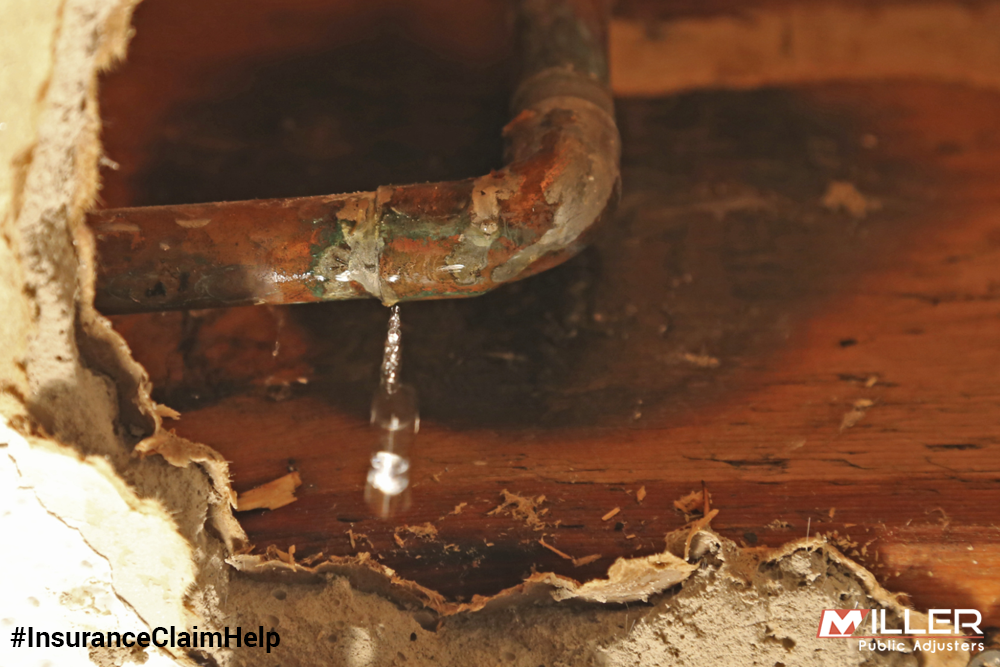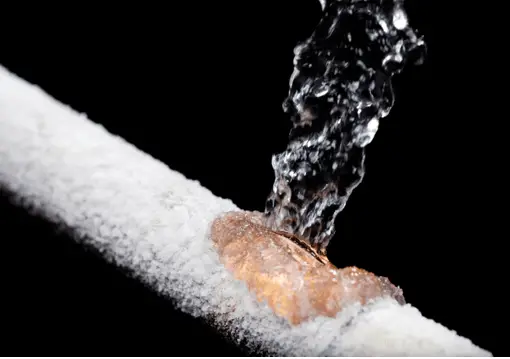A Thorough Guide on Everything You Need to Know About Septic Tank Maintenance
A Thorough Guide on Everything You Need to Know About Septic Tank Maintenance
Blog Article
Almost everyone seems to have their own unique theory when it comes to The Do’s And Don’ts When Water Floods Your Home.

What should you do if a water pipe bursts in your house? Do you want a mini-waterfall and flooding in an area of your house? You need to act quick if you discover yourself in this scenario. The longer you wait, the much more severe the damage that can happen to your residential or commercial property. The presence of mind is type in these occasions. For these factors, you need to learn exactly how to act in the event of a ruptured water pipe. Check out the complying with tips listed below to aid you act quick because time is essential.
Shut down the Key Waterline Valve
The first thing to do? Close the shut-off shutoff. Seek the regional shut-off valve to switch off the water in one details location only. If you do not recognize where the localized shut-off shutoff is, choose the primary water line valve and also turn it off. This step will certainly cut off the water instantly in your entire home. Usually, the major valve is located outside the house next to the water meter. If it's not there, you can additionally discover it in 2 locations: in the basement at eye degree or the 1st flooring on the ground. Normally, contractors placed the shut-off shutoff in the main ground degree restroom or ideal next to it.
Call Water Damages Repair Pros for Help
After shutting the water source, call the professionals for assistance. With their professional assistance, you can avoid much larger water damage including deformed walls, loosened tiles, or damaged structures.
Paper the Damages For Insurance policy
While you're waiting for the pros to arrive, get some documentation of the damage triggered by the errant pipe. Take photos as well as video clips of every little thing. Do close-up shots of the harmed places and also prized possessions. Your documents will certainly act as proof for your home owner's insurance policy. Maintaining aggressive with this scenario aids you to sue for protection, which will better sustain you as well as your family to come back on your feet.
Recover Points That Can Be Conserved
Check out the harmed products as well as take out the most crucial ones from the stack when you're done taking pictures. Dry them off in a dry/warm location away from the broken location as well as attempt to protect them as high as you can. Drag as much moisture as you can to the product so it can begin to dry.
Beginning the Drying Process
Thankfully, the water from your waterlines is currently clean so you don't have to stress regarding sewer water. The moving water might have disturbed the dirt and also debris in your carpets and also floorboards. Blot out as much water as you can from the surface areas with old towels.
Experts are the only people certified to assess appropriately and deal with the burs pipes and also subsequent damages. They usually offer silent red flags like gurgling paint, water stains.
What should you do if a water pipeline ruptureds in your home? For these factors, you require to discover just how to act in the event of a ruptured water pipe. After shutting the water resource, call the professionals for assistance. With their specialist assistance, you can prevent a lot larger water damage including distorted baseboards, loosened ceramic tiles, or harmed structures. The good news is, the water from your waterlines is already tidy so you don't have to fret about sewage system water.
How to Handle a Burst Pipe and Minimize Damage
Steps to Take Ahead of Time
If you own property in an area that experiences cold weather, you need to be aware of seasonal maintenance tasks that will help you protect your property as the weather changes each year. One of the most important steps is to winterize your pipes to ensure they won't freeze or burst when the temperature drops. This includes action items like insulating any exposed pipes, detaching garden hoses and covering outdoor faucets. If the weather gets cold enough, you may even consider leaving a faucet dripping or opening cabinet doors during the coldest parts of the day.
No matter how prepared you might be, accidents and emergencies still happen. You'd be wise to set up a savings account specifically for your property so you have a "rainy day" fund set aside for unexpected expenses. All homes—regardless of age, location or condition—will inevitably need some form of emergency repair.
Steps to Take for Frozen Pipes
A frozen pipe will not necessarily burst, so if you can catch a frozen pipe early on, you could save yourself a major headache. When your area experiences frigid temperatures, be sure to check your plumbing and keep an eye out for warning signs like faucets only releasing small amounts of water or toilets not refilling when flushed. If you do run into one of these issues, you're likely dealing with a frozen pipe.
If this happens, your first step should be to cut off the water supply to that section of the plumbing. Expanding and freezing water can quickly cause damage. Even if the water supply is shut off, you will likely still deal with some leaking from the water that defrosts after the pipe has thawed. Be prepared with a mop, bucket and/or towels to quickly soak up any excess water.
In order to thaw a frozen pipe, you can use a space heater, infrared or incandescent heat lamp, or even a hairdryer to warm up the frozen area. Heat tape is also an option and should be used according to manufacturer instructions. Do not use any sort of open flame to thaw frozen pipes, as it poses a major fire hazard and can damage your pipes further.
Steps to Take for a Burst Pipe
Water damage claims are the second most common insurance claim in the U.S. When you're dealing with a frozen pipe, the water continues to expand as it freezes, which creates pressure that can cause a pipe to burst. When this happens, the crack or leak in the pipe allows water flow from the pipe to enter your home where it shouldn't. If a pipe does burst, you need to act quickly to mitigate property damage and repair cost.
Your very first step should be to shut off your main water supply to minimize flooding—typically the most expensive damage to address. Once you've shut off the water supply, make sure you identify the entire area that has been impacted by the leak. Remove as much water as possible—as quickly as possible—using a mop, sponges, towels or a shop vacuum or wet/dry vacuum. To prevent long-term damage due to moisture build-up, run a dehumidifier or fan in the affected area. Contact a licensed plumber to ensure the pipe is correctly repaired before running any water to that section of the home again. Burst pipes and the associated water damage are something you absolutely want to avoid as a property owner. If you've had to learn your lesson the hard way, don't let yourself get caught in a similar situation during the next spell of cold weather. The best way to deal with frozen or burst pipes is to prevent them in the first place—proactive winter maintenance will save you time, money and a whole lot of stress.

As a serious reader on The Do’s And Don’ts When Water Floods Your Home, I think sharing that topic was sensible. Are you aware of another person who is intrigued by the niche? Please feel free to share it. I praise you for your time. Come back soon.
Report this page